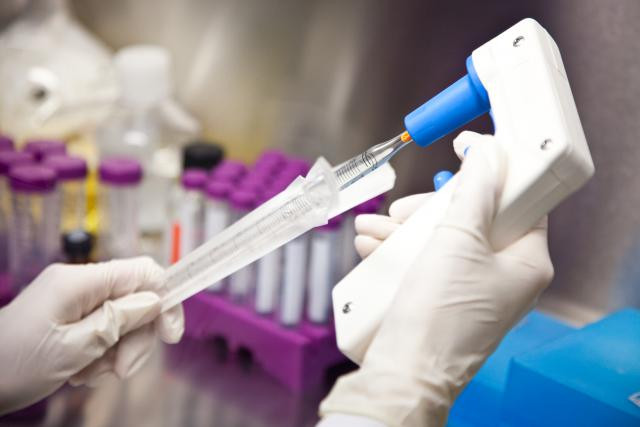Volunteers should be 25-80 years old and reside in Luxembourg. Participants in the study will be asked to fill in a questionnaire about their health and then are invited to complete different medical examinations, plus give urine and blood samples. The samples are used to detect pollutants, cholesterol levels and kidney problems, among others, and all lab results and interpretation are sent to the participants (at request, also to a doctor).
All data is kept strictly confidential, and samples sent to the Integrated BioBank of Luxembourg (IBBL) are pseudonymised. Any remaining samples after analyses will be stored at the IBBL in case additional analyses are later required.
The ORISCAV-Lux 2 study, now in its second phase, began in 2007 through the support of Luxembourg’s health ministry and the ministry of higher education and research with the aim of assessing cardiovascular risk in Luxembourg, given that over the last 20 years cardiovascular disease has been the leading cause of death in Luxembourg. The research will eventually help tackle cardiovascular disease through preventative measures.
In its first wave, researchers discovered that around 80% of Luxembourg residents present at least one risk factor, ranging from smoking to hypertension and obesity, among others. This second wave of the study aims to help public health authorities and professionals develop strategies on prevention.
A total of 1,000 volunteers are needed for the study. To participate, visit the study website: www.oriscav.lih.lu/
